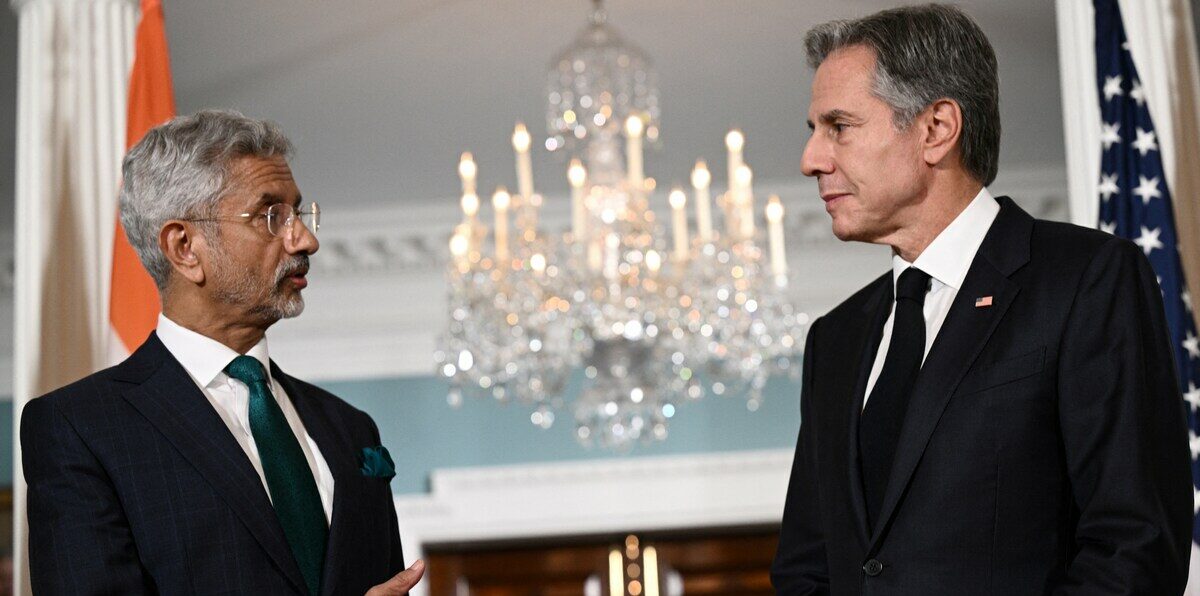Washington, United States – US Secretary of State Antony Blinken and India’s External Affairs Minister S Jaishankar held discussions in Washington, highlighting the potential of the India-Middle East-Europe Economic Corridor. The significant initiative, born out of India’s G20 presidency, aims to foster transparent, sustainable, and high-standard infrastructure investments.
“At the G20 Summit in India, India, the US, UAE, Saudi Arabia, France, Germany, Italy, and the European Union signed a Memorandum of Understanding (MoU) to establish the India-Middle East-Europe Economic Corridor,” stated the US State Department.
The corridor comprises two separate routes: the East corridor connecting India to West Asia/Middle East and the Northern corridor connecting West Asia/Middle East to Europe. A critical component of this initiative is a rail line that, upon completion, will establish a reliable and cost-effective cross-border ship-to-rail transit network, improving the transshipment of goods and services between Southeast Asia, India, West Asia/Middle East, and Europe.
“In particular, it will include a rail line, which upon completion, will provide a reliable and cost-effective cross-border ship-to-rail transit network to supplement the existing multi-modal transport routes enhancing transhipment of goods and services between South East Asia through India to West Asia/Middle East Europe,” noted the joint statement.
In addition to discussions about the economic corridor, the two leaders stressed the importance of continued cooperation across various sectors, particularly defense, space, and clean energy. The upcoming 2+2 Dialogue is expected to further reinforce these cooperative effort.
“The two leaders also emphasized the continued importance of cooperation ahead of the upcoming 2+2 Dialogue, in particular in the areas of defense, space, and clean energy,” the statement read.

